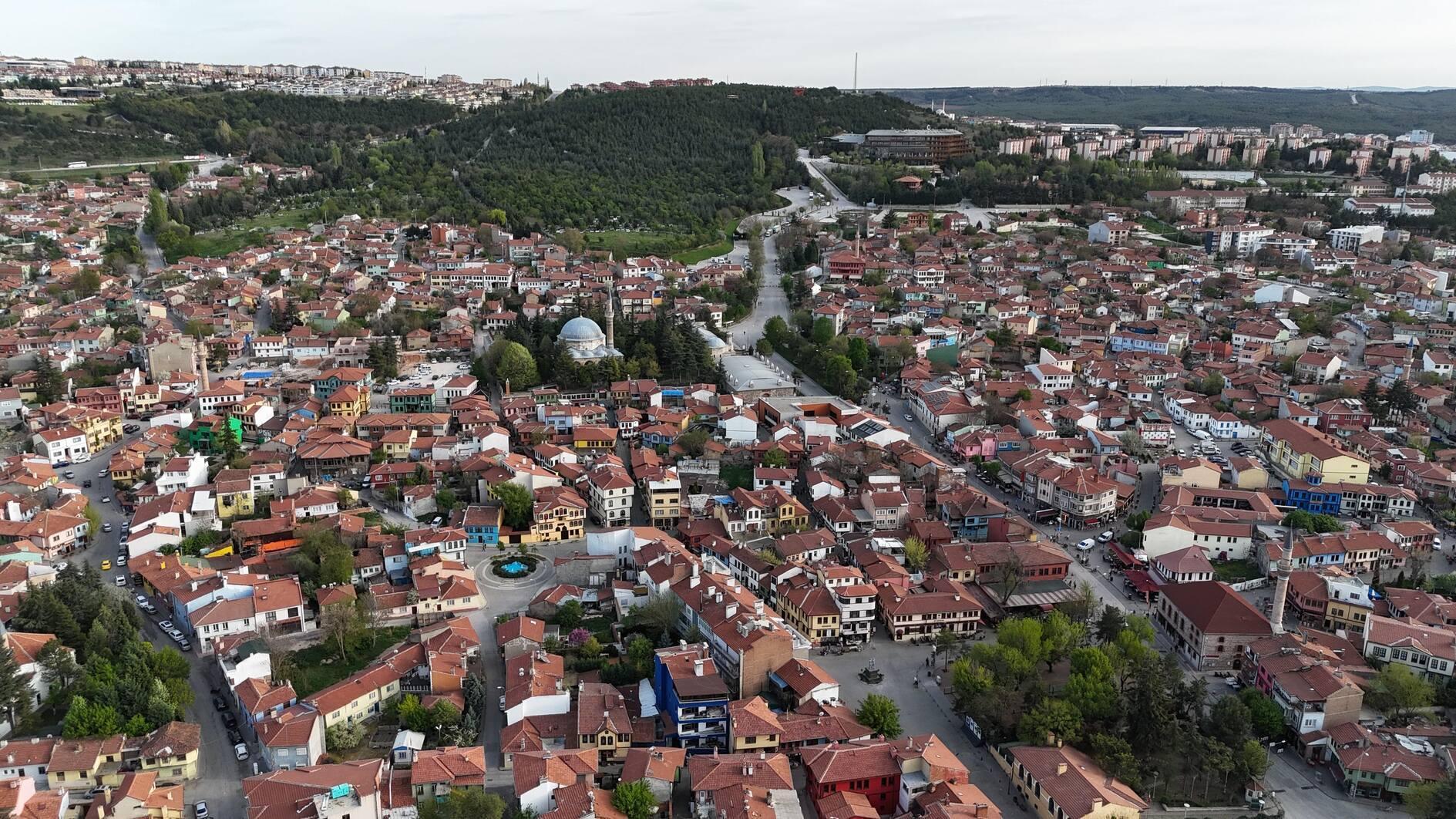Is Deputy PM Babacan packing his bags?
Two pieces of news from Ankara over the past month carry hints about the future of economic governance in Turkey. The first is the hushed appointment of Deputy Prime Minister Ali Babacan’s media consultant Halit Ertuğrul to the Central Bank as a consultant. The second is Treasury advisor İbrahim Çanakçı’s appointment to the IMF as a director.
What the two pieces of news have in common is that these officials are both among Babacan’s closest colleagues, although they serve different functions. Babacan’s decision to “entrust” both of his colleagues to two different institutions, which are rather more secure from the shadow of politics, is conspicuous.
Neither of these officials is going to start working in their new positions immediately and Ertuğrul may not have to be working “actively” in the Central Bank, though it is known that he will begin his duties in November. The fact that both of these appointments were made on the eve of the Aug. 10 presidential election strengthens the impression that Babacan, who is entrusting his closest colleagues to safer places, will not have a place in the Cabinet after the elections.
Obviously, if the ruling Justice and Development Party’s (AKP) “three term rule” does not change, Babacan will not be able to participate in the general elections of 2015.
Deputy PM Babacan and Finance Minister Mehmet Şimşek are seen by financial markets as the “wise” politicians of the Cabinet due to their economic policies. The question being ever more frequently asked is: If Recep Tayyip Erdoğan wins the presidential election, will these two ministers have a place in the newly formed Cabinet?
Why is this question being asked? Because, in recent years, conspiracy theories about issues related to the economy, as well as politics, have increasingly taken pride of place around the government. The wise perspective seems to have disappeared. Pointing out that something is wrong has become a good enough reason to be stigmatized.
Especially at a time when the global economy is showing signs of changing its course, the disappearance of “common sense” and an increase in the tendency to “drift along” harbors very big risks for economic policy.
In the United States, with higher interest rates on the horizon after a period of zero interest rates, the pressure to drop interest rates despite the increase in inflation creates an environment that provides a basis for financial turmoil and low growth. In such a turbulent environment, in which the global conjuncture that has been functioning as a “pushing wind” up to now is reversing, the most important questions have become: “Who’s in the cockpit? What’s going to be done?”
Those who invested their money in Turkey’s current account deficit want the answers to these questions. In the midst of the chaos created by non-economic suggestions and efforts, people are assured by the fact that Ali Babacan and Mehmet Şimşek are “in the cockpit.” “It’s OK, even though the economy is not being managed by their decisions, they have a presence in the cockpi
I predict that Babacan and Şimşek can see the fact that the current drifting economic policy carries the risk of imminent economic turmoil and low growth. They are in the cockpit, but they can’t steer the wheel. They can’t interfere either in terms of budget policy or for a portrait that will create a medium-term story. However, potential unfavorable developments are going to be written on their tab for as long as they are in the cockpit. After seeing this, can they remain in the Cabinet?
The issue of whether the two ministers are going to stay in the Cabinet is a “story of not losing.” However, the issue should have been a “story of victory,” and a new economic policy framework should have already been prepared.











